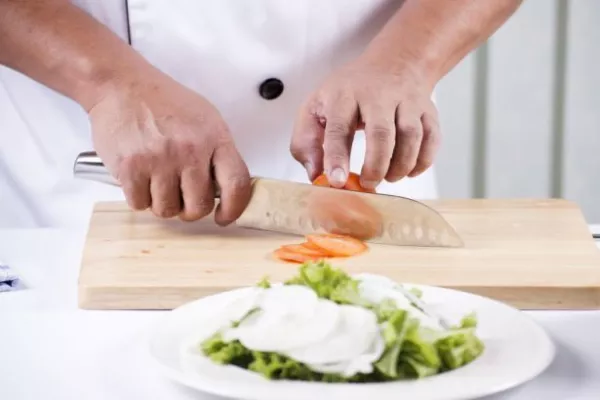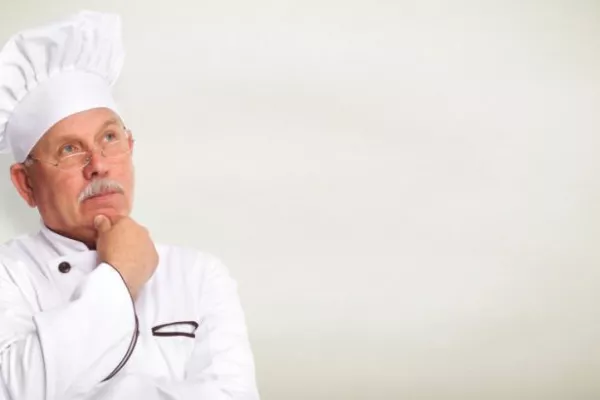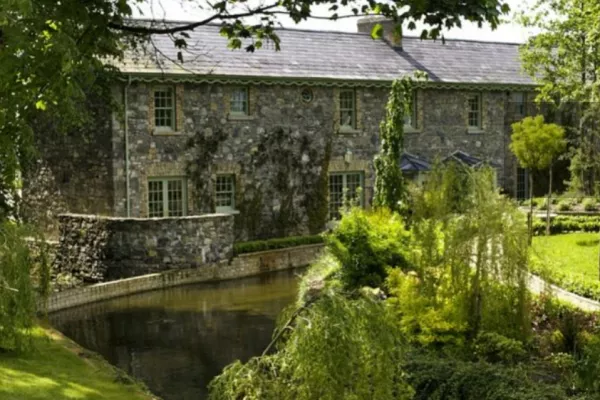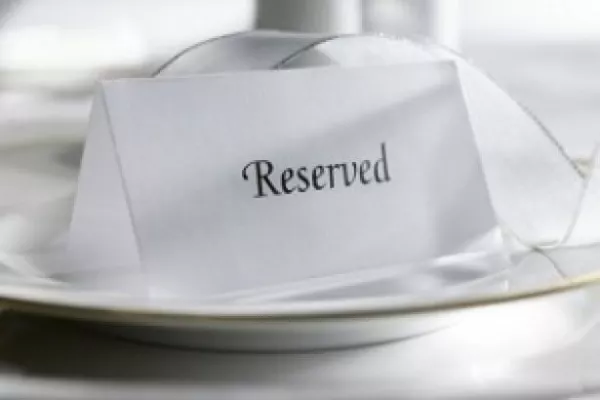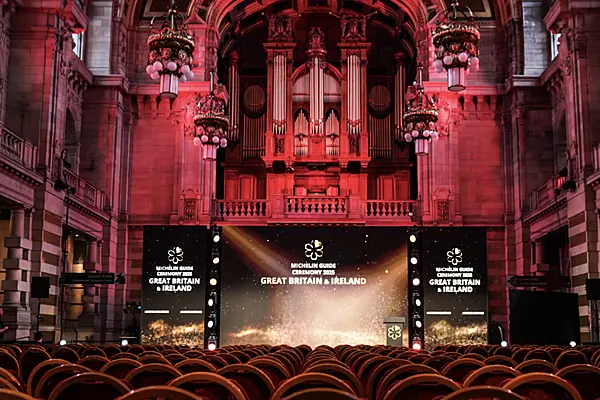It’s no longer possible to eat the food of Ferran Adrià, one of the most groundbreaking chefs in history. But very soon you can experience amazing insights into his transformative work from elBulli and beyond, at least if you can get to the Dalí Museum in St. Petersburg, Fla.
For Ferran Adrià: The Invention of Food, the chef will showcase his culinary work from tabletop pieces and flatware he’s designed to detailed notebooks he’s kept throughout his cooking career. They’ll appear alongside the intense, food-focused paintings and flatware designed by Salvador Dalí. The Gulf Coast museum, a modern building with fantastical glass structures and stairways, is home to some 2,000 pieces, the largest collection of the surrealist artist’s work outside Europe. (Adrià and Dalí have more in common than both being brilliant game-changers in their respective arts; Adrià's legendary restaurant, elBulli, is situated near where Dalí lived on Spain's Costa Brava.)
This is his latest, and last, museum exhibition before he opens an eagerly awaited culinary center called elBulli 1846 in Roses, Spain, which will exist on the site of his former restaurant. The number 1846 represents the number of dishes Adrià estimates that he created there. The opening is slated for mid-2018.
Over e-mail, Adrià reveals why he wishes he lived at the same time as Dalí; which chefs he admires most right now; and whether the world’s obsession with cooks has gone too far.
Which are your favorite parts of the exhibit?
All are interesting to me. It’s a very sentimental show. If I had to pick one, it would be this one image: my dish of bone marrow with caviar juxtaposed against tiles designed by Dalí. [In his book Appetite for Innovation, Adrià highlights this dish as a turning point in elBulli’s evolution, local ingredients from the sea and mountains in an unexpected combination. “Filling in a blank in haute cuisine!” is how Adria describes it in the book.]
Will the exhibition in Florida combine your work with those of Dalí?
Not really. The interesting thing, the major link it will examine is our closeness in geography and spirit, and, of course, our affinity for science and art [which was also Dalí’s intrinsic paradigm].
Are you a fan of Dalí? Who are your favorite artists?
Of course I’m an admirer of Salvador Dalí. He is one of the greats of the 20th century. I’ve always been interested in his peculiar way of thinking. As for my favorite artists: Picasso, Miro, Duchamp, and Richard Hamilton.
What do you think about the pieces that Dalí designed for the table? Did any of them inspire dishes at elBulli?
I’m fascinated by all the pieces that appear in his book Les Dîners de Gala. The truth is, I would have loved to have met him. Our style in elBulli is very much minimalist, but surely, if we had lived in his epoch of surrealism, we’d have been influenced to some extent.
But the truth is no, Dalí did not inspire any of our dishes. Apart from a pair of pointed exceptions—Gaudí and Tàpies—works of art were never a direct inspiration for us at elBulli.
Now, back to the idea of creativity in elBulli 1846, it’s important to clear up things up: A work of art should be the last place we go to when we talk about what inspires creativity. It’s much more useful to try to understand the disruptive thinking of the great artists rather than use their creations as inspirations for a dish.
It’s a very interesting subject for me, and one [that] hasn’t gotten enough attention. At elBulliLab [his Barcelona research facility], we are trying to figure out why there has been no equivalent to avant-garde art in the world of gastronomy.
What chef cooking now best exemplifies your philosophy? You can’t count your brother Albert.
Really, I think there are many, certainly everyone who came to cook on elBulli’s last day, July 30, 2011: Rene Redzepi of Noma; Andoni Luis Aduriz of Mugaritz; Massimo Bottura of Osteria Francescana. But if I were to single out someone in the U.S., I would say José Andres and Grant Achatz, who also cooked on that last day and who contributed so much to elBulli.
Is there a young chef whose restaurant you’re excited about?
The problem nowadays is that there’s so much quality that it’s difficult to find something extraordinary. I have a lot of fantastic eating experiences. But, the truth is that in the last few years, I’ve had a hard time trying to see what stands out dramatically. Perhaps it’s Japan that continues to inspire me.
Is the media too obsessed with chefs?
The world is obsessed with too many things. In terms of food, we have to remember that we eat three times a day, that we dedicate more than half our free time to feeding ourselves. Cooks and chefs are the top of a huge and broad pyramid that includes the food industry, tourism, health. … There are many important elements here. In this sense, I think it’s good that chefs have such a big impact on society.
Then there’s another thing: Cooking as part of the entertainment industry. The chef as a rock star? It’s as illogical as cooks being sports stars or actors, etc. In an ideal world, it would be much more relevant to be a scientist or someone who makes tangible contributions to society. But that’s the way the world works.
News by Bloomberg, edited by Hospitality Ireland
